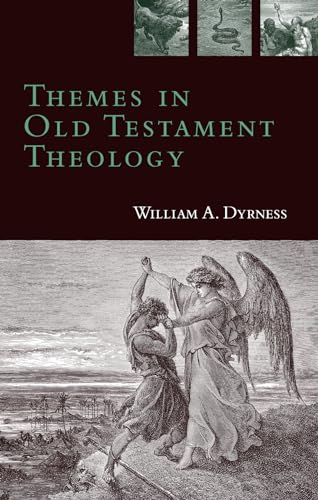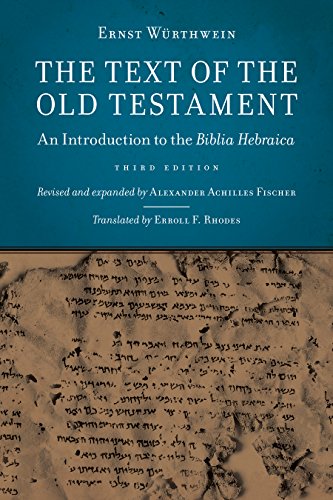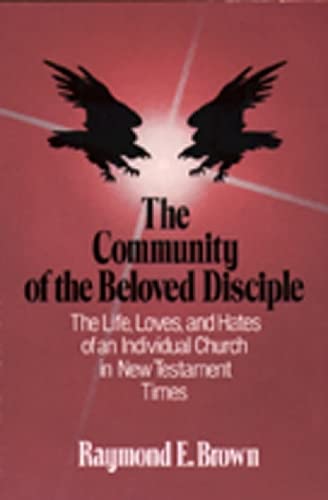The author of this book is Associate Professor of Theology at the Asian Theological Seminary in Manila. He says that his speciality is systematic theology, not OT studies. However, the book shows that he has read widely in the field of OT studies and given much thought to what he has read. The result is a book that contains little that is original but which presents a judicious and valuable synthesis of much that has been written about the OT in the last 30 or 40 years. Whilst writing from an avowedly evangelical position Dyrness is ready to lay under tribute good scholarship from any source. The result will be of great value as background reading and source material for teachers and preachers, and will provide a useful introduction to OT theology for college and university students.
Dyrness is well aware of the debate that is going on about the propriety, even the possibility, of writing an ‘OT Theology’. He makes his position clear. Firstly he denies that there is any central element in the OT around which the rest can be organized: ‘there are central themes, but no single point can be taken as the centre, unless it be the unity of the whole’ (p. 19). Hence the title of the work and the topical arrangement of the material within it. Secondly, he makes no apology for the fact that ‘we read the OT in light of the appearing of Jesus Christ and the NT elaboration of his work’ (p. 17). The NT, he says, takes up OT themes, develops them and transposes them into a higher key: ‘It does not leave the OT behind so much as bring out its deepest reality’ (p. 19). He therefore often indicates how the themes he deals with are taken up and developed in the NT. Thus this book is very much a Christian exposition of OT theology, rather than an account of the religion of Israel.
Most of the themes discussed are approached through an historical survey of their development within the OT. However in some cases (e.g. the study of Sin) a word-study approach is adopted (with due attention paid to James Barr’s warnings of the pitfalls of such an approach), or the two approaches are combined (e.g. the study of the Spirit of God).
It is not to be expected that everyone, even amongst his fellow evangelicals, is going to agree with all of Dyrness’ exposition of the themes with which he deals. However, apart from matters of detail there are some more general criticisms that can be made of the book:
(a) At points one fears that the author’s adoption of a ‘Christian’ approach to the OT leads to a reading back into it of NT concepts that are only there in embryo. E.g. his interpretation of Deuteronomy 6:4 and 1 Kings 18 as showing ‘evident monotheism’ rather than incipient or practical monotheism.
(b) His desire to show the unity of Scripture sometimes leads to a glossing over of differences of approach within the OT, e.g. the discussion of the covenant theme hardly does justice to the tension between the Sinai and Davidic Covenants (contrast the insightful discussion of this in J. Bright, Covenant and Promise).
(c) As is inevitable when an historical approach is adopted, some of the conclusions depend on decisions regarding the dating of the OT sources. On the whole evangelicals will agree with Dyrness, but one of his more questionable assumptions, and one that he nowhere discusses, is that all the psalms headed ledāwiḏ (to/by/for David) are by David (rather than, say, a royal collection that grew up over a long period). This, for example, leads him to conclude that a highly spiritualized understanding of sacrifice arose early in Israel.
This book was written in a Third World context, and there are at least two areas in which the author notes that his experience of Asia has influenced his understanding of the OT. Firstly, he sees myth as a valuable and important form of religious language—a form that Westerners find much harder to appreciate than do the people of the Third World. Myth, he says, ‘expresses a people’s understanding of reality. This understanding is not simply of facts—though it usually includes these—but of the inner meaning of those facts’ (p. 69). What he does insist upon is that the Israelite myths are founded upon true facts, actual events. Secondly, there is his positive appreciation of the cultic aspect of religion. He spends some time expounding the importance of form and ritual in worship, something which he says ‘evangelical Christians have trouble in understanding’ (p. 143).
Ernest Lucas
Bristol Baptist College






